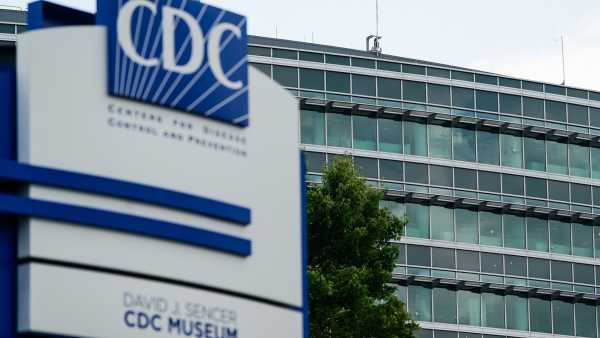
Visible bullet holes in the historic Centers for Disease Control and Prevention building provide a telling glimpse into the growing crisis. (Photo: Elijah Nouvelage via Getty Images)
The Centers for Disease Control and Prevention, long considered the leading public health organization in the country, if not the world, is mired in a crisis that threatens not only the health of Americans but the organization's very existence as a leading public health agency.
The full scope of this crisis was on display during Secretary of Health and Human Services Robert F. Kennedy Jr.'s testimony to the U.S. Senate on September 4, 2025.
You may like
-

COVID-19 vaccines for children are in limbo due to conflicting federal recommendations.
-
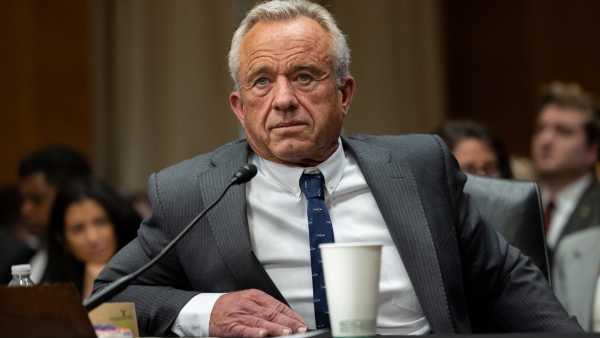
We're debunking (many) false claims made by RFK Jr. about COVID vaccines.
-
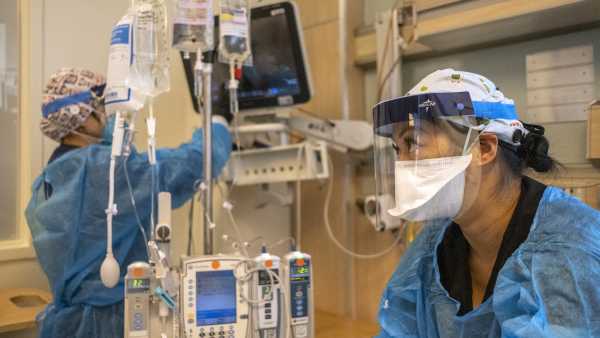
“We have effectively destroyed our entire capacity to respond to a pandemic,” says leading epidemiologist Michael Osterholm.
Kennedy's hearing came on the heels of a tense week in which Kennedy fired Centers for Disease Control and Prevention Director Susan Monares, prompting 12 members of the Senate Finance Committee, including 11 Democrats and independent Bernie Sanders, to call for Kennedy to resign.
At least four top CDC officials have resigned since Monares' resignation, citing pressure from Kennedy to depart from recommendations based on sound scientific evidence.
I am a professor and public health specialist. Like many of my colleagues, the disruptions at the Centers for Disease Control and Prevention in recent months have left me searching for alternative, reliable sources of health information and deeply concerned about the future of public health.
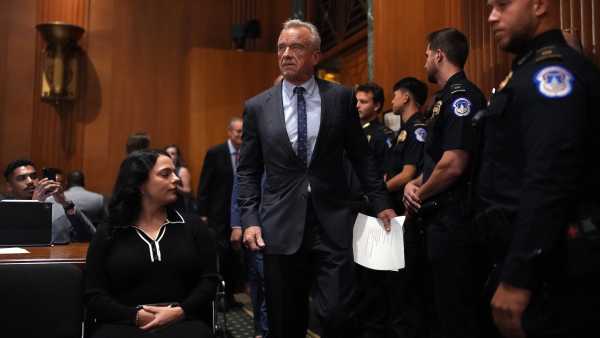
Health and Human Services Secretary Robert F. Kennedy Jr. will testify before the Senate Finance Committee on September 4, 2025. The collapse of the Centers for Disease Control and Prevention
These personnel changes come after months of deliberate action aimed at disrupting the CDC's structure, functions, and leadership as they have existed for decades.
The unrest began almost immediately after President Donald Trump took office in January 2025, when his administration implemented massive cuts to CDC staff that health experts widely agreed compromised the center's ability to respond to emerging health threats.
Trump used executive orders to restrict CDC staff from communicating with the public and other outside organizations, such as the World Health Organization.
Within weeks, he ordered cuts of about 10% of the total workforce.
You may like
-

COVID-19 vaccines for children are in limbo due to conflicting federal recommendations.
-
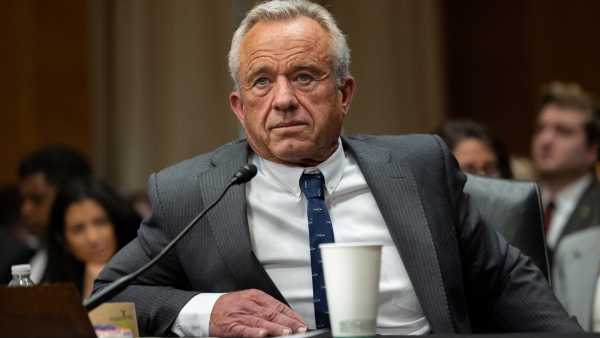
We're debunking (many) false claims made by RFK Jr. about COVID vaccines.
-
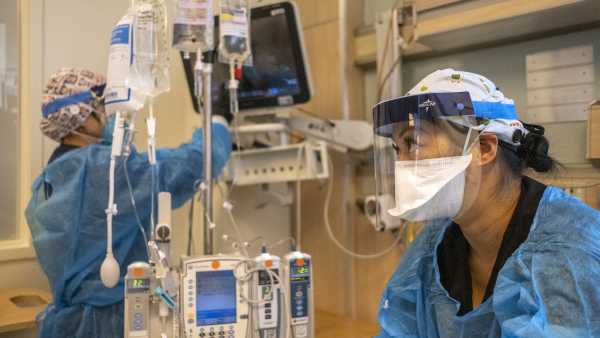
“We have effectively destroyed our entire capacity to respond to a pandemic,” says leading epidemiologist Michael Osterholm.
Shortly thereafter, Kennedy, recently appointed by Trump, began dismantling long-standing CDC institutions, such as the Advisory Committee on Immunization Practices, replacing all 17 of its members. This move was widely condemned by health experts.
Critics have pointed to the lack of qualifications of the new committee members, as more than half have never published vaccine research results and many are inherently hostile to vaccines.
In June, more than 20 respected organizations, including the National Medical Association and the American Academy of Pediatrics, expressed serious concerns about the health implications of the advisory committee reform.
How Monares's resignation triggered a crisis
Public health leaders welcomed Monares' July confirmation as the new director of the Centers for Disease Control and Prevention, calling her appointment a welcome relief for those who value evidence-based practice in healthcare. Monares is a seasoned scientist and career public servant.
Many saw her as a potential voice of scientific wisdom among the untrained officials appointed by Trump, who has a history of policies that undermine public health and science.
As acting director, a post she was appointed to in January, Monares silently oversaw a wave of CDC staff cuts and other moves that radically transformed the agency and weakened the country's ability to manage the nation's health.
But Monares had red lines she wasn't about to cross: she wouldn't fire the CDC's leadership, and she wouldn't support vaccination policies that ran counter to science-based recommendations.
According to Monares, Kennedy offered to do both at a meeting on August 27. When she refused, he demanded that she resign.
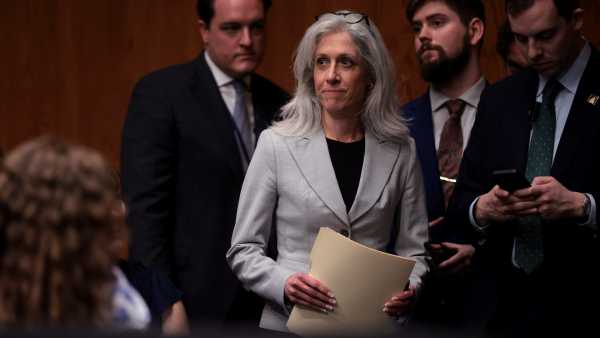
Susan Monares said she has “red lines” she will not cross as CDC director.
Her lawyers objected, arguing that only the president has the power to remove her from office, stating, “When CDC Director Susan Monares refused to endorse unscientific, reckless directives and fire dedicated public health experts, she chose to protect the public over serving political interests. That's why she was persecuted.”
Eventually, later that evening, the White House officially announced her dismissal.
The agency is in disarray
Further confirming and deepening the crisis at the agency came on August 8, when a gunman expressing anger over COVID-19 vaccination opened fire on CDC headquarters, killing a police officer.
Many health officials directly linked this to the misinformation spread by Kennedy. The shooting heightened tensions and heightened the sense of threat under which the Centers for Disease Control and Prevention (CDC) had been operating during the turbulent months since the start of Trump's second term. One employee declared that “the CDC is falling apart.”
Public health experts, including former directors of the Centers for Disease Control and Prevention (CDC), are sounding the alarm, warning of the organization's precarious position. Some doubt its ability to survive at all.
Crisis of trust
Even before the latest shockwaves, Americans reported declining trust in the Centers for Disease Control and Prevention (CDC) recommendations: in April, 44% of adults in the US said they would trust CDC recommendations less under the new guidelines. This will undoubtedly undermine the effectiveness of US measures if the country faces a new public health challenge requiring a rapid and coordinated response, such as COVID-19.
In addition to appointing new members to the VAC, Kennedy dramatically changed recommendations for influenza and COVID-19 vaccines without input from the CDC or the VAC and contrary to data presented by CDC scientists.
Public health experts and activists are now warning the public that vaccination recommendations from the Centers for Disease Control and Prevention's (CDC) Advisory Committee on Immunization Practices may be unreliable. They point to the new committee's flawed review process, its members' past history of making statements contradicting scientific evidence, and its failure to adhere to the “evidence in recommendations” principle. Critics of the committee even point to a lack of basic understanding of the scientific basis for vaccination.
The health impact is being felt in real time: health care providers report confusion among parents due to conflicting vaccination recommendations. Now, those seeking vaccination are facing obstacles as major retailers impose new restrictions on vaccine access under pressure from federal authorities. This is happening amid declining vaccination rates, largely due to misinformation.
The end result is a situation in which the CDC's authority is questioned because people are unsure whether the recommendations made in the CDC's name are coming from science and scientists or from politicians in power.
Filling in the gaps
Authoritative organizations are working to fill the vacuum left by the CDC's unreliability and the fact that recommendations are now based on political will rather than scientific evidence.
The American Academy of Pediatrics and the American College of Gynecology have released recommended vaccination schedules that, for the first time, diverge from the CDC's recommendations.
Healthcare organizations are discussing strategies that include giving their recommendations more weight than the CDC's and creating opportunities for physicians to obtain vaccines directly from manufacturers. These measures will help find workarounds to address gaps in the CDC's leadership.
Some states, including California, Oregon, Washington, and New Mexico, are developing their own vaccination guidelines. Public health scientists and physicians are scrambling to preserve the data and surveillance systems that the Trump administration dismantled. However, independent organizations may be unable to accomplish this without federal funding.
What's at stake?
As part of its critical work across all aspects of public health, the Centers for Disease Control and Prevention (CDC) oversees large-scale operations, both nationally and globally, that cannot simply be delegated to states or individual organizations. Certain public health measures, such as infectious disease and foodborne illness control, must be coordinated nationally to be effective, as health risks extend beyond national borders.
In a health information landscape overflowing with misinformation, accurate and reliable statistics and evidence-based recommendations are crucial for public health professionals like me. This allows us to understand what information to share and how to develop effective public health programs. Doctors and other specialists rely on disease surveillance data to determine the best approach to treating patients with infections. The COVID-19 pandemic has clearly demonstrated the importance of laboratory science, a unified emergency response, and the rapid distribution of effective vaccines to the public.
RELATED STORIES
A prominent medical journal has rejected the Russian Foundation for Critical Care's (RFK) call to retract the vaccine study.
Robert Kennedy's hand-picked advisers will be arriving to discuss the childhood vaccination schedule. Here's what you need to know.
Who is eligible for the COVID vaccine this year? Everything you need to know.
One of the strengths of the American system of government is its ability to address problems, including public health, in a coordinated manner, with a federal level of cooperation that brings together efforts at the state level.
With its vast reach and unique expertise, the Centers for Disease Control and Prevention (CDC) has been the nation's leading public health agency for more than eight decades. Now, all of that is on the brink of collapse.
This edited article is republished from The Conversation under a Creative Commons license. Read the original article.
TOPICS vaccines
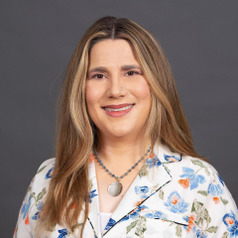
Jordan Miller, Professor of Public Health, Arizona State University
Jordan Miller is an associate professor and director of the Population Health Program. She holds a master's degree and a doctorate in public health. After completing her undergraduate studies in psychology and human services, she worked directly in public health for over a decade, primarily with families and children. She has been a faculty member since 2011. Her research interests include experiential learning in graduate education, diabetes (especially type 1), and community development through urban agriculture.
You must verify your public display name before commenting.
Please log out and log back in. You will then be asked to enter a display name.
Exit Read more

COVID-19 vaccines for children are in limbo due to conflicting federal recommendations.
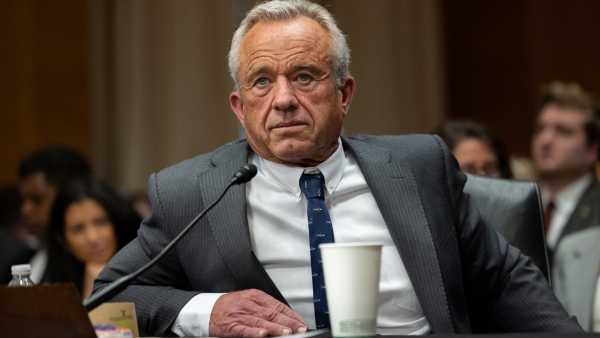
We're debunking (many) false claims made by RFK Jr. about COVID vaccines.
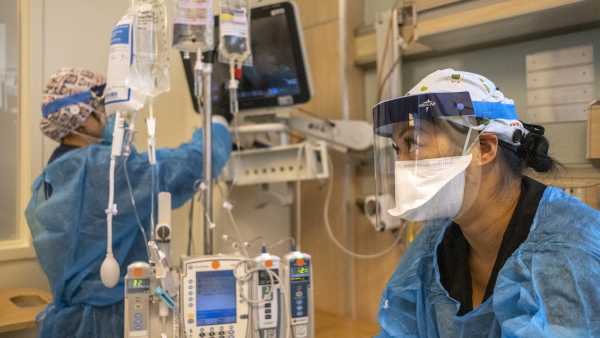
“We have effectively destroyed our entire capacity to respond to a pandemic,” says leading epidemiologist Michael Osterholm.
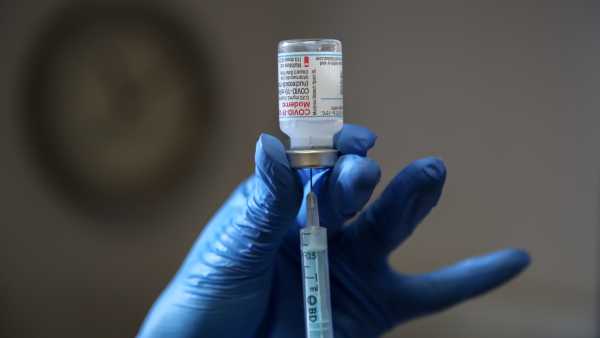
'These decisions were completely reckless': Cutting funding for mRNA vaccines will make America more vulnerable to pandemics.
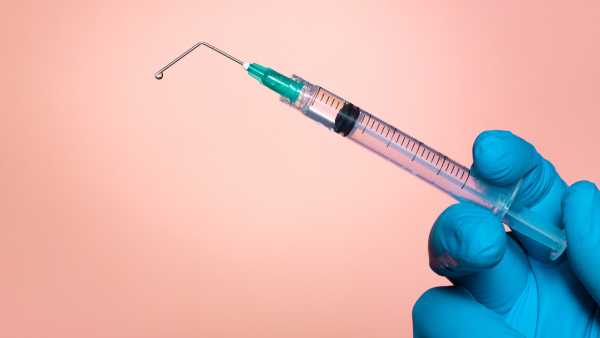
Robert Kennedy Jr. wants to reform the country's “vaccine court.” Here's what's stopping him.
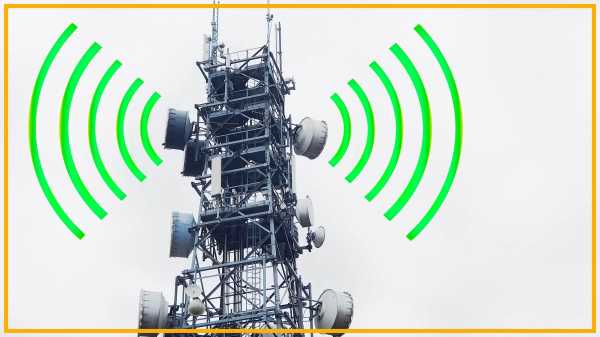
“When people gather in groups, strange behavior often emerges”: How the rise of social media has led to the emergence of dysfunctional thinking
Latest news in the healthcare sector

Our favorite budget electric toothbrush for kids is $3.79 ahead of Prime Day in October.

Scientists transplant a kidney from blood type A to the universal blood type O and implant it into a brain-dead recipient.

A leading group of obstetricians and gynecologists recommends against using cannabis during pregnancy and breastfeeding.
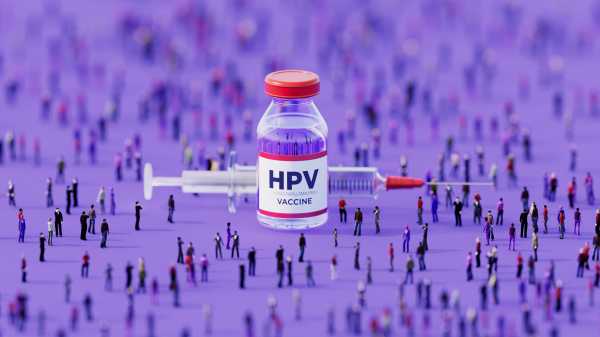
HPV vaccination reduces the incidence of cervical cancer in both vaccinated and unvaccinated people.
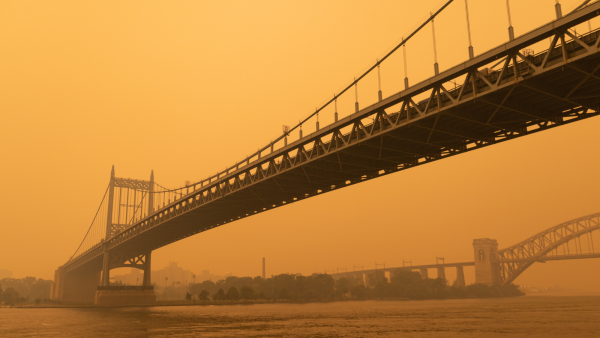
Wildfire smoke-related deaths in the US could reach 70,000 a year by 2050 due to climate change, according to a study.

Scientists created human eggs from skin cells and then used them to create embryos.
Latest opinions
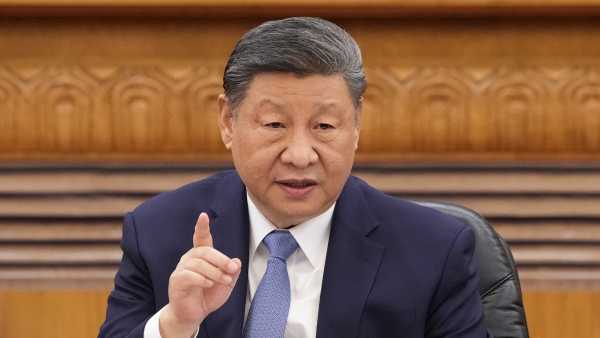
When China commits to fighting climate change, the world must listen
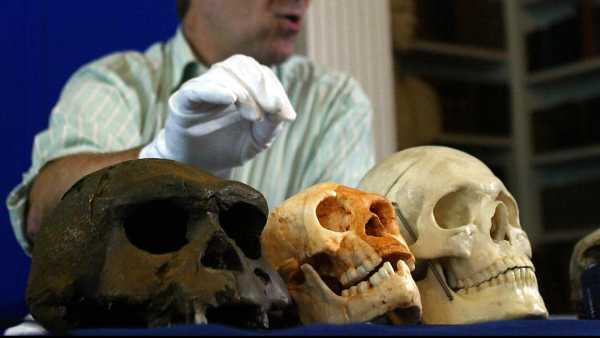
Ancient hobbits' growth slowed during childhood, showing that humans didn't always “get bigger and bigger in the brain.”
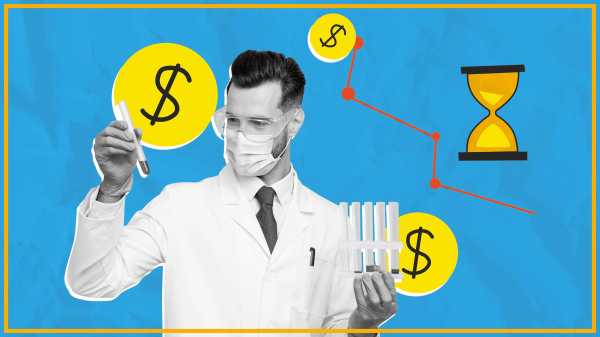
Cartels, shadow authors, and fake reviews: Fraud is causing a crisis in science—here's what we need to do to stop it.

Why OpenAI's Anti-AI Hallucination Solution Will Kill ChatGPT Tomorrow
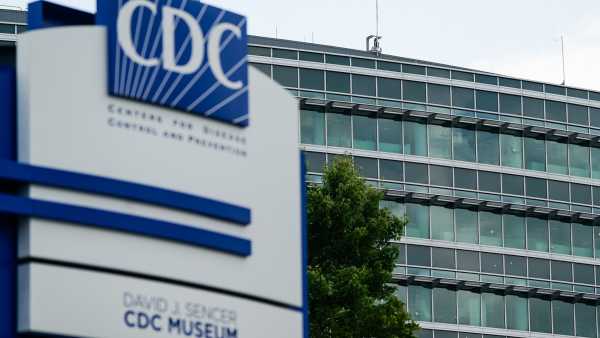
'The health impact is being felt in real time': How the Trump administration is destroying the Centers for Disease Control and Prevention

Fossils of a giant penguin that lived 3 million years ago have been discovered in New Zealand. What happened to them?
LATEST ARTICLES

1The Asian golden cat: the 'cat of many clothes' that plucks birds before eating them
Live Science magazine is part of Future US Inc., an international media group and leading digital publisher. Visit our corporate website.
- About Us
- Contact Future experts
- Terms and Conditions
- Privacy Policy
- Cookie Policy
- Accessibility Statement
- Advertise with us
- Web notifications
- Career
- Editorial standards
- How to present history to us
© Future US, Inc. Full 7th Floor, 130 West 42nd Street, New York, NY 10036.
var dfp_config = { “site_platform”: “vanilla”, “keywords”: “type_opinion,type-crosspost,exclude-from-syndication,serversidehawk,videoarticle,van-enable-adviser-
Sourse: www.livescience.com





